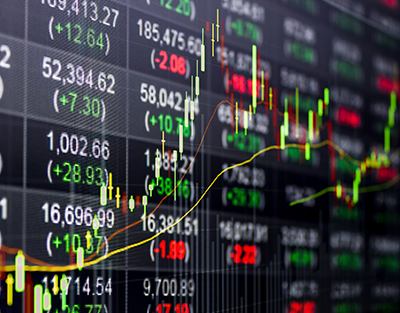
On September 18, the "AGREEMENT modifying various provisions establishing the goods whose import and export are subject to regulation by the Ministry of Energy (ME)" was published, which came into effect the day after it’s publication.
This modification aims to update and simplify the procedure for obtaining prior import and export permits for petroleum products and hydrocarbons, considering the type of goods, their use, and quantities. Additionally, SENER has included a catalog of specifications detailing the composition and physicochemical properties of the goods (here) classified under the tariff codes regulated by Title Three of the Agreement.
With the new Agreement, the regulation, issuance of permits, and all related matters will be carried out by the Undersecretariat of Hydrocarbons and the National Commission for Nuclear Safety and Safeguards.
It was established that import and export permits may be requested with a validity of 60 calendar days for goods intended for tests and research, as well as for sporting events (import only). The option to grant new permits with a validity exceeding 5 years, up to 20 years, was also added, under certain conditions, such as the approval of the head of the ME and the justification of social and economic interest for the Mexican State, aligning with the National Development Plan and the objectives of the national energy policy, considering the country's energy sovereignty and sustainability.
The Agreement specifies that goods must comply with the compositions and chemical properties established in the new catalog, as long as they are intended for definitive, temporary, or bonded warehouse import regimes. The tariff codes for which permits will not be granted (here) were listed, including commercial fuels, gasoline, and goods intended for improper mixtures that alter the essence or composition of fuels, among others.
Likewise, the Agreement details the effects of notifications made in this procedure, as well as the reasons why the requested permit cannot be granted. The requirements for obtaining the permit were modified, including the requirements for new permits, and the conditions under which a modification or extension of the permit can be requested were specified, considering the new 20-year permit.
Additionally, the obligations of permit holders issued by SENER are listed; including the submission of annual or quarterly reports, as well as the obligation to inform the Ministry of any changes or updates to the conditions under which the permit was granted. It also establishes that permit holders may be subject to requests for samples of the goods by SENER.
The Agreement also includes and modifies various annexes: Annex II (here), which lists the goods in Title III classified under the tariff codes subject to the requirement of a prior import permit; Annex III (here), which lists the tariff codes corresponding to the goods subject to prior export permits based on the previously mentioned title; Annex IV (here), which details the requirements for applications for import and export permits for goods under Title III; and the new Annex V (here), which contains the catalog of specifications regarding the composition and physicochemical properties for the tariff codes regulated in Title III of the Agreement.
We are at your disposal for any further questions or clarifications you may require in relation to this document.
This newsletter was prepared by the Foreign Trade team, in particular, by José Alberto Campos-Vargas ([email protected]), Eduardo Sotelo-Cauduro ([email protected]), Roberto Serralde-Rodríguez ([email protected]), María Luisa Mendoza López ([email protected]), Juan Carlos Jiménez Labora Mateos ([email protected]) and Jasive Cordero Pérez ([email protected]).


